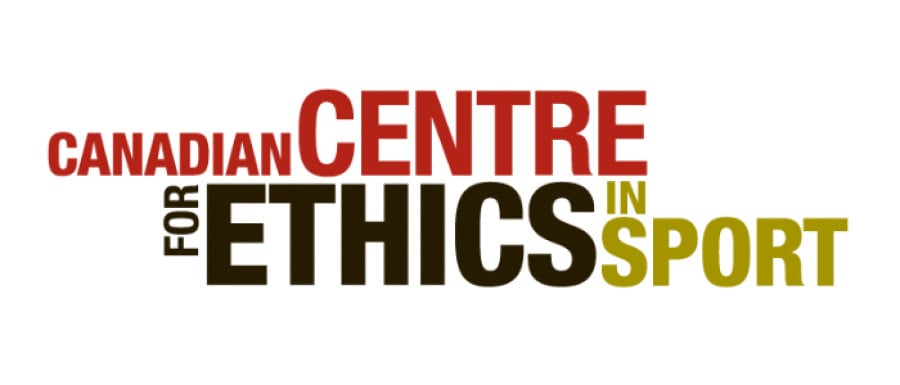Powerlifting Athlete Suspended for Presence of D-amphetamine
English
Press Release
21st December 2017
The Canadian Centre for Ethics in Sport (CCES) announced today that Ivan Chen, a powerlifting athlete, received a two-year sanction for an anti-doping rule violation. The athlete’s urine sample, collected during in-competition doping control on July 8, 2017, revealed the presence of D-amphetamine, a prohibited stimulant.
Because Mr. Chen failed to dispute the anti-doping rule violation within the timelines specified in the CADP, the violation and the sanction were confirmed by way of a deemed waiver. A sanction of two years was imposed, concluding on October 15, 2019. The athlete, who resides in Edmonton, Alberta, is ineligible to participate in any capacity with any sport signatory to the CADP, including training with teammates.
In compliance with rule 7.10 of the CADP, a copy of the CCES’ file outcome summary can be found at www.cces.ca/sanctionreg.
The CCES is an independent, national, not-for profit organization with a responsibility to administer the CADP. Under the CADP rules, the CCES announces publicly every anti-doping rule violation. We recognize that true sport can make a great difference for individuals, communities and our country. We are committed to working collaboratively to activate a values-based and principle-driven sport system; protecting the integrity of sport from the negative forces of doping and other unethical threats; and advocating for sport that is fair, safe and open to everyone.
French
8th Janvier 2018
Le Centre canadien pour l’éthique dans le sport (CCES) vient d’annoncer que Ivan Chen, un athlète de dynamophilie, s’est vu imposer une suspension de deux ans pour une violation des règles antidopage. Cette violation a été découverte par l’analyse d’un échantillon d’urine recueilli durant un contrôle antidopage en compétition réalisé le 8 juillet 2017 qui a révélé la présence de D-amphétamine, un stimulant interdit.
Puisque M. Chen n’a pas contesté la violation des règles antidopage dans les délais prévus au Programme canadien antidopage (PCA), il est réputé avoir confirmé la violation et accepté la sanction. Une sanction de deux ans a été imposée, qui prend fin le 15 octobre 2019. Il est interdit à cet athlète, qui réside à Edmonton, en Alberta, de participer, peu importe à quel titre, à tout sport organisé signataire du PCA, y compris de s’entraîner avec ses coéquipiers.
Conformément à la règle 7.10 du PCA, le résumé du dossier du CCES est affiché à l’adresse : www.cces.ca/fr/registre-canadien-des-sanctions-antidopage.
Le Centre canadien pour l’éthique dans le sport est l’organisme national indépendant et à but non lucratif responsable de l’administration du PCA. En vertu des règles du PCA, le CCES est tenu de rendre publique toute violation aux règles antidopage. Nous reconnaissons que le sport sain peut faire une grande différence pour les individus, les collectivités et notre pays. Nous avons pris l’engagement de travailler en collaboration à activer un système sportif basé sur des valeurs et animé par des principes; à protéger l’intégrité du sport des forces négatives du dopage et d’autres menaces non éthiques; et à défendre le sport juste, sécuritaire et ouvert à tous.




